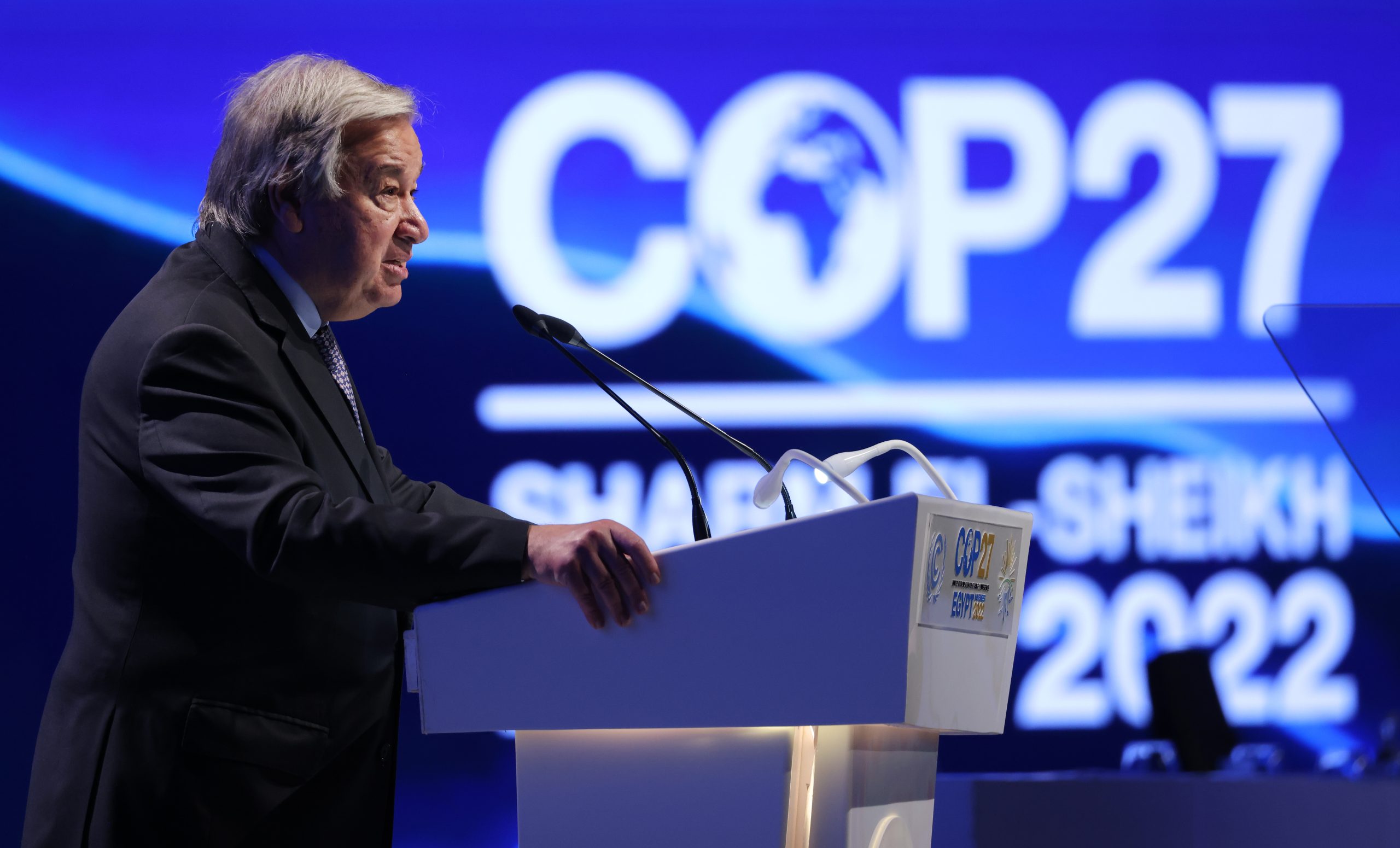
The United Nations has released what it hopes will become legally enforceable guidelines to determine the credibility of an organization’s plans to achieve net zero emissions.
The problem is that these recommendations are unrealistic and would guarantee less energy security in the future.
The world needs to reduce emissions, but people still need reliable, affordable energy supply.
Here are the facts.
Fact: The world needs responsibly produced oil and gas
The UN said that “non‑state actors (large corporations, financial institutions, and cities and regions) cannot claim to be net zero while continuing to build or invest in new fossil fuel supply.”
The glaring problem with this statement is that in every credible scenario for the future, oil and gas remain critical to the global energy mix through 2050. That requires investment, and a lot of it. Not just in the future, but right now.
Even before Russia’s invasion of Ukraine, there was an “underinvestment problem” in global oil and gas markets causing supply shortages, higher prices and volatility, according to the International Energy Forum (IEF), which represents energy ministers from 71 countries around the world.
Now, without access to sufficient natural gas supply in particular, countries in Europe are facing emergency measures like turning off the supply of hot water, community “warming halls,” and widespread power blackouts.
“New investment in oil and gas is not in contradiction with efforts to eliminate carbon dioxide emissions, but badly needed to maintain economic stability as policy makers manage a long-term transition to net zero,” IEF secretary general Joseph McMonigle said earlier this year.
Investment in oil and gas production needs to rise from a depressed US$341 billion in 2021 to US$525 billion annually through 2030 to ensure market balance, the IEF said. This year and next are seen as critical for new major projects to get the go-ahead.
Oil and gas companies that are committed to reaching net zero in their operations – like reliable, responsible producers in Canada’s oil sands – are the ideal choice to meet ongoing demand and should not be discouraged from investing.
Fact: The best place to start reducing emissions is Scope 1
The UN said that in order to be credible, a net zero plan “must cover the entire value chain of a city, state or business, including end‑use emissions.”
This is otherwise known as all of Scope 1 (emissions an entity makes directly), Scope 2 (emissions an entity makes indirectly like from electricity use), and Scope 3 (emissions from everything all the way down to the end-use of an entity’s products, like gasoline in a car).
Scope 3 emissions “are where it gets tricky,” according to consultancy Deloitte.
In order to be effective, emissions reduction strategies should focus first on the fastest and most effective solutions while developing long-term answers.
It makes sense that a company should start with Scope 1 and Scope 2, or emissions that are within its direct control. Complicating the early stages with requirements for Scope 3 is only likely to make the Scope 1 and 2 reductions happen slower.
The Pathways Alliance, representing 95 per cent of Canada’s oil sands producers, has jointly committed to reach net zero by 2050, starting with Scope 1 and Scope 2 emissions. It will ultimately include Scope 3, president Kendall Dilling recently told BNN Bloomberg.
“We wanted to really start with our own business first and take care of our own backyard,” he said.
“We are looking at ways we can partner with end users of our product to also tackle the consumption emissions, and over the course of this path to net zero we’ll be coming at this from all ends of the spectrum.”
That a company’s initial net zero plans do not include Scope 3 emissions should not be seen as a failure of its credibility.
Fact: Debate is a cornerstone of democracy
The UN said that “non‑state actors cannot lobby to undermine ambitious government climate policies either directly or through trade associations or other bodies.”
This statement indicates that even if a company has determined a scientifically reliable pathway to reach net zero, the so-called credibility of that plan would be challenged if the company questions government policy.
That’s not democracy.
In fact, the UN itself lists “freedom of expression and opinion” as one of democracy’s essential elements.
There’s no reason this should not be extended into work to reduce emissions around the world.
The unaltered reproduction of this content is free of charge with attribution to Canadian Energy Centre Ltd.